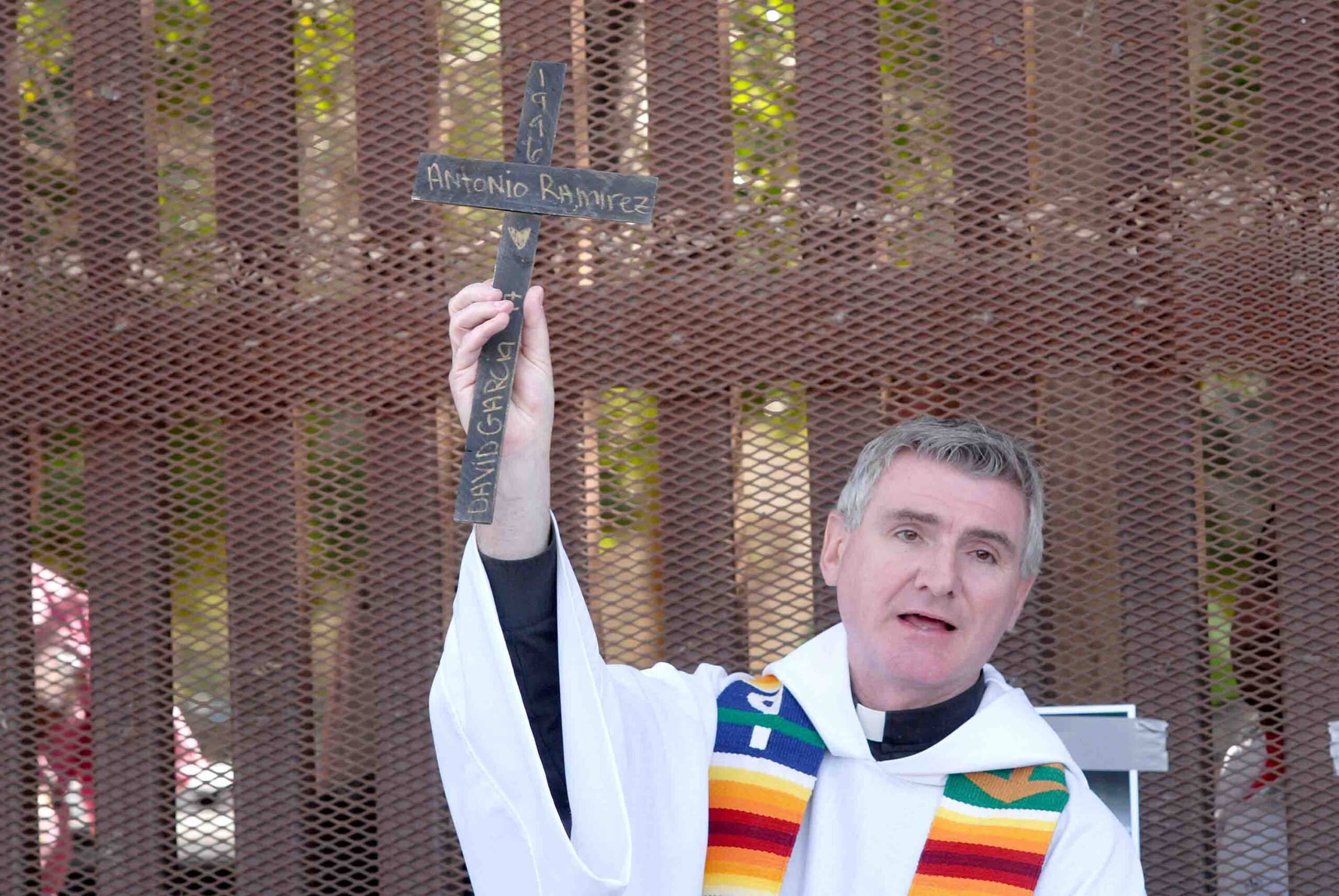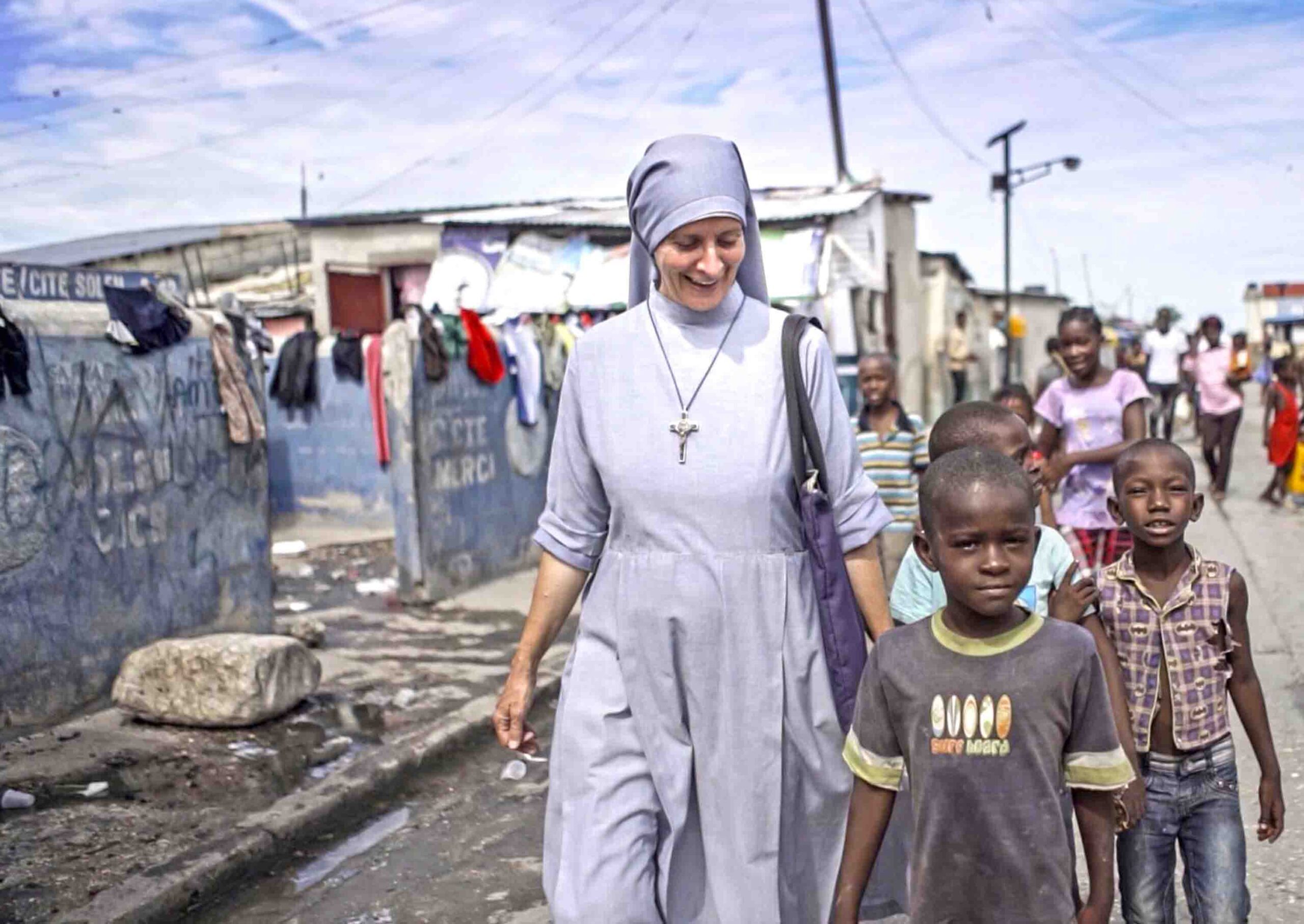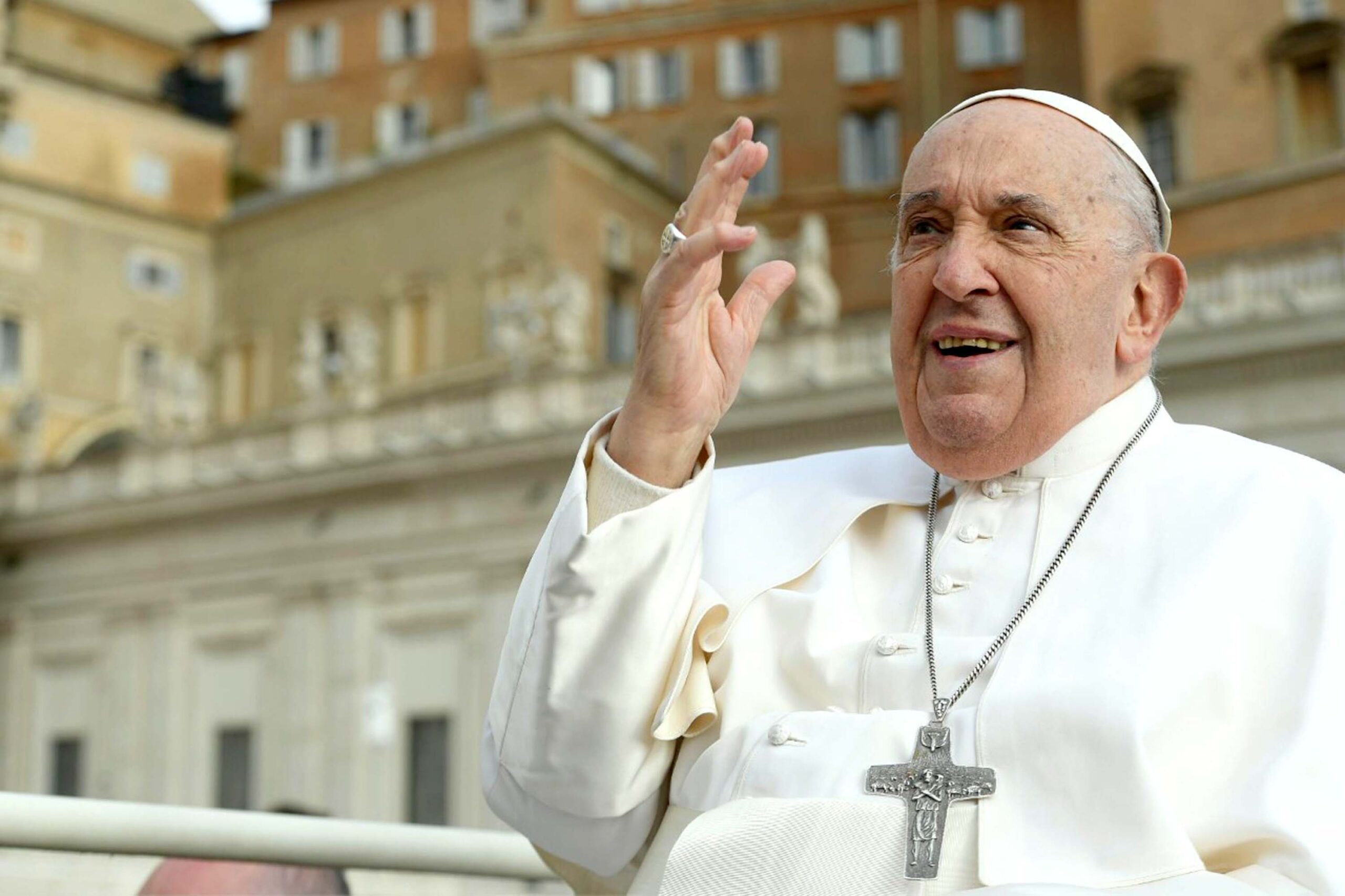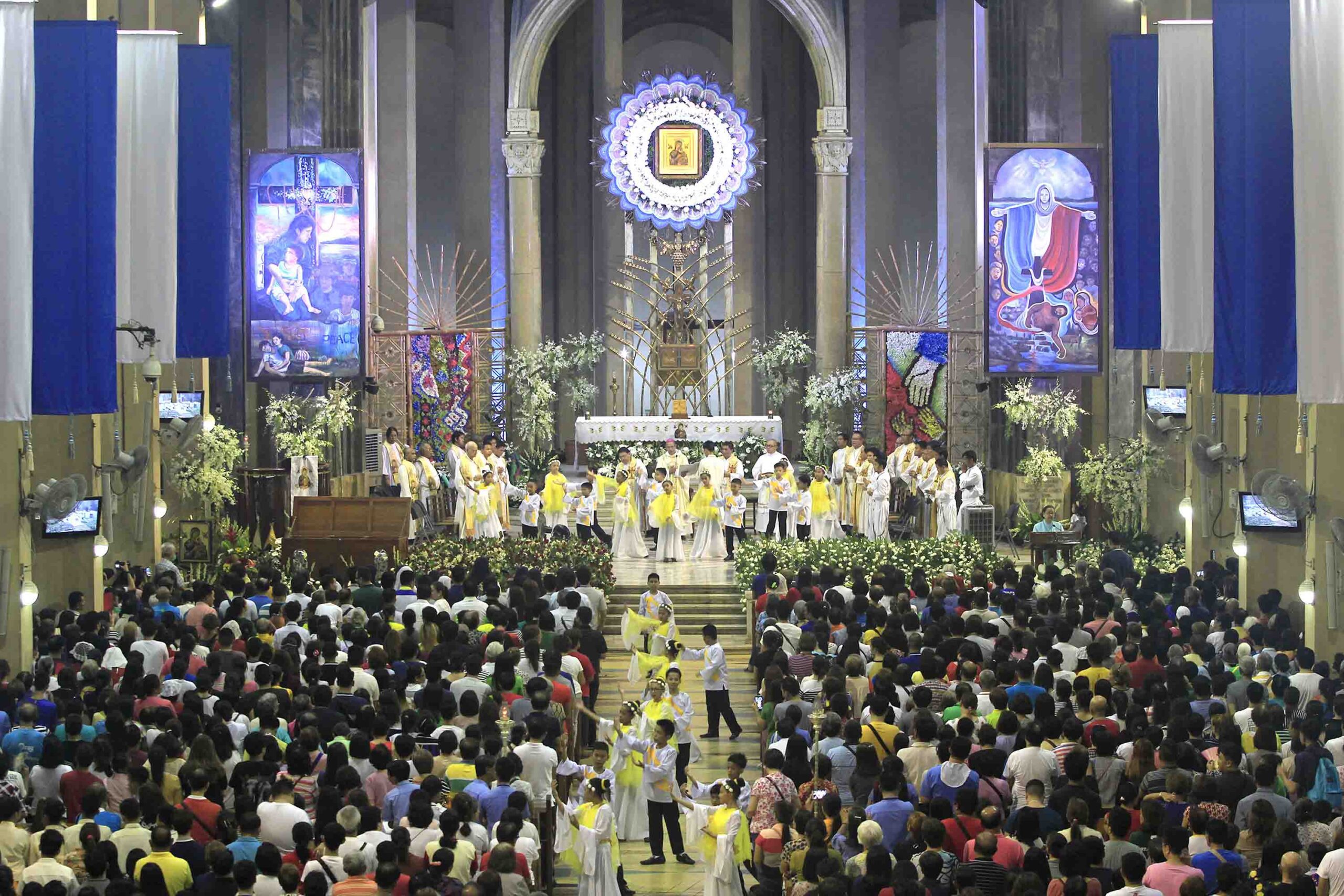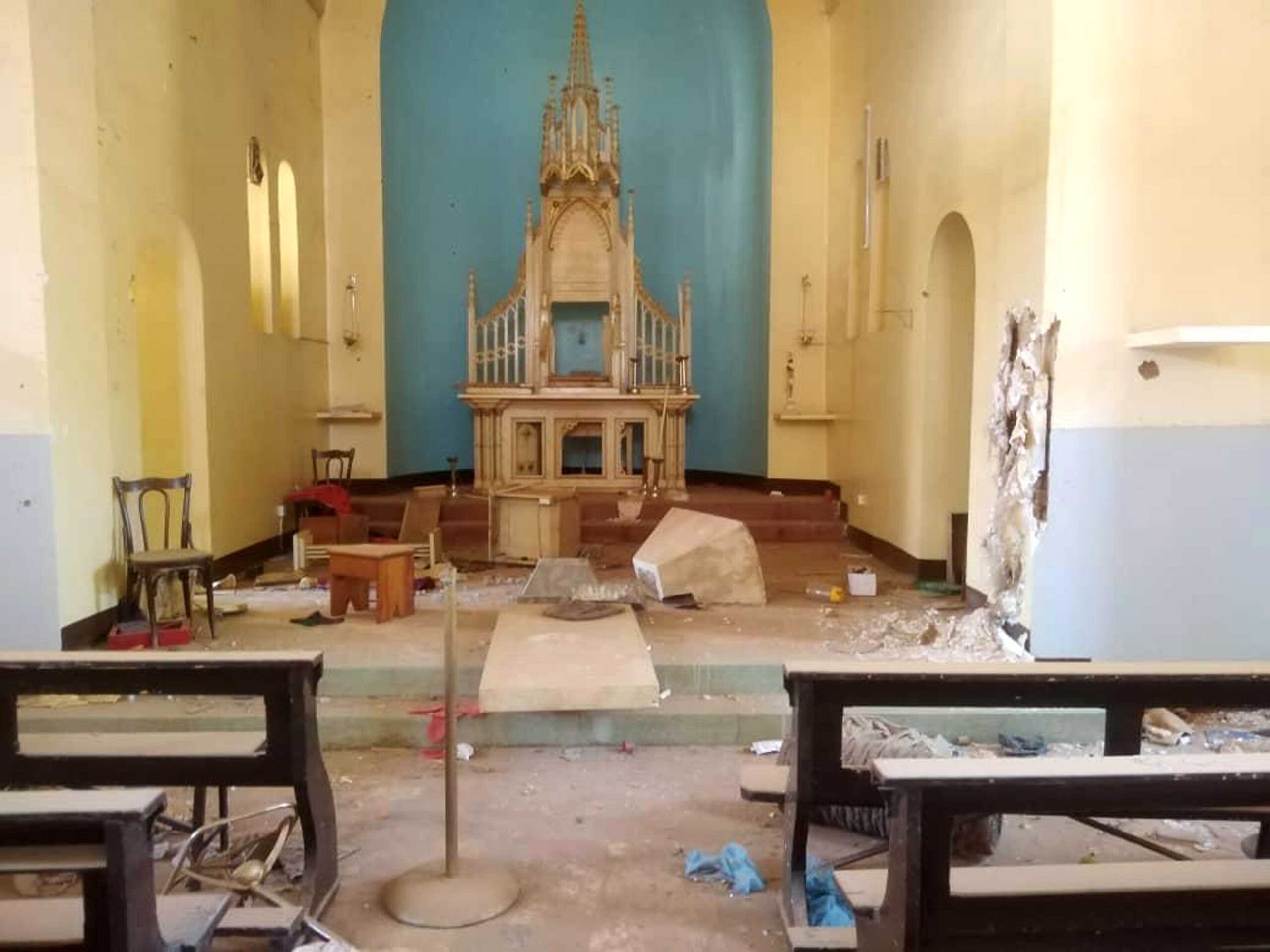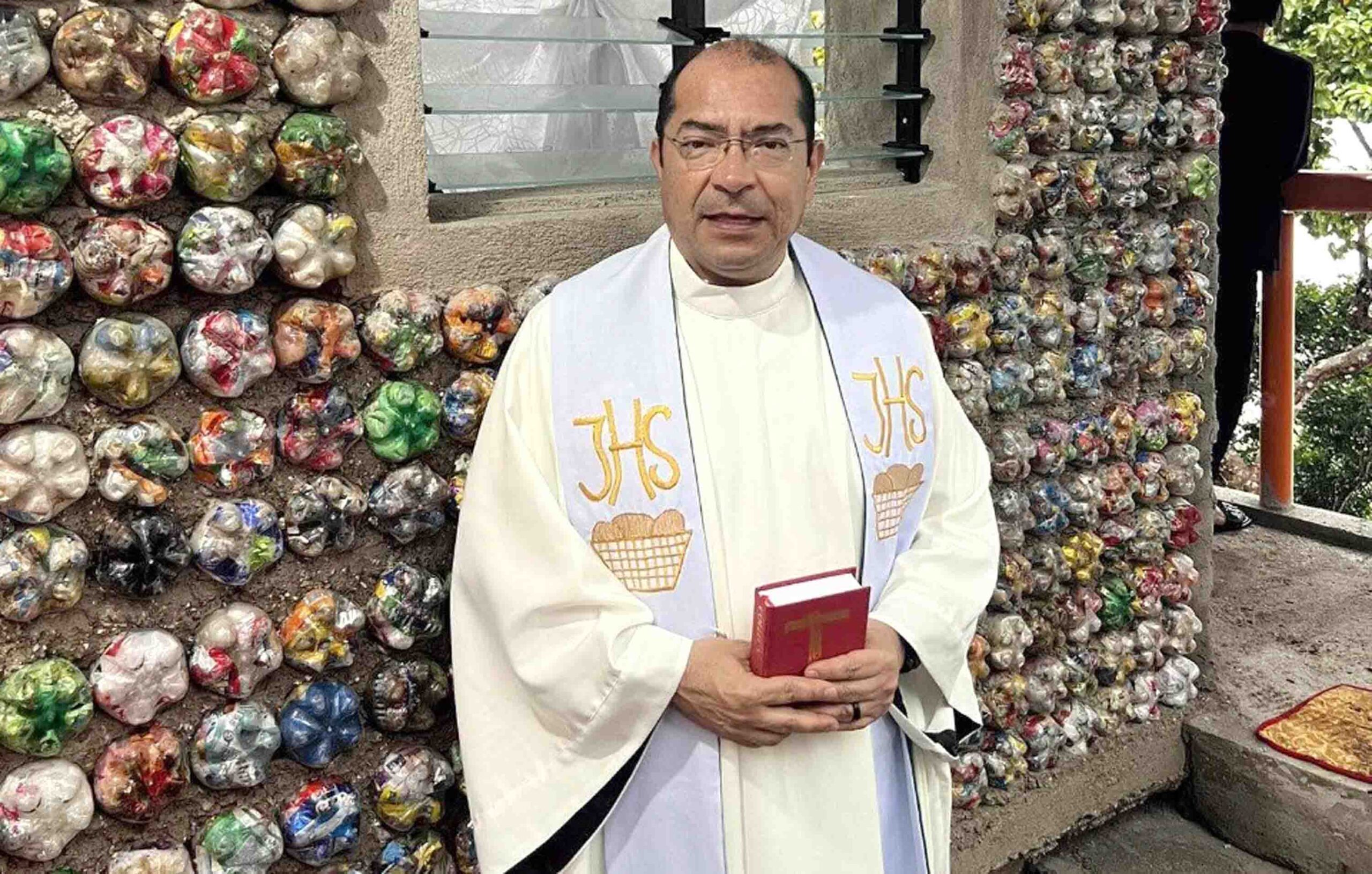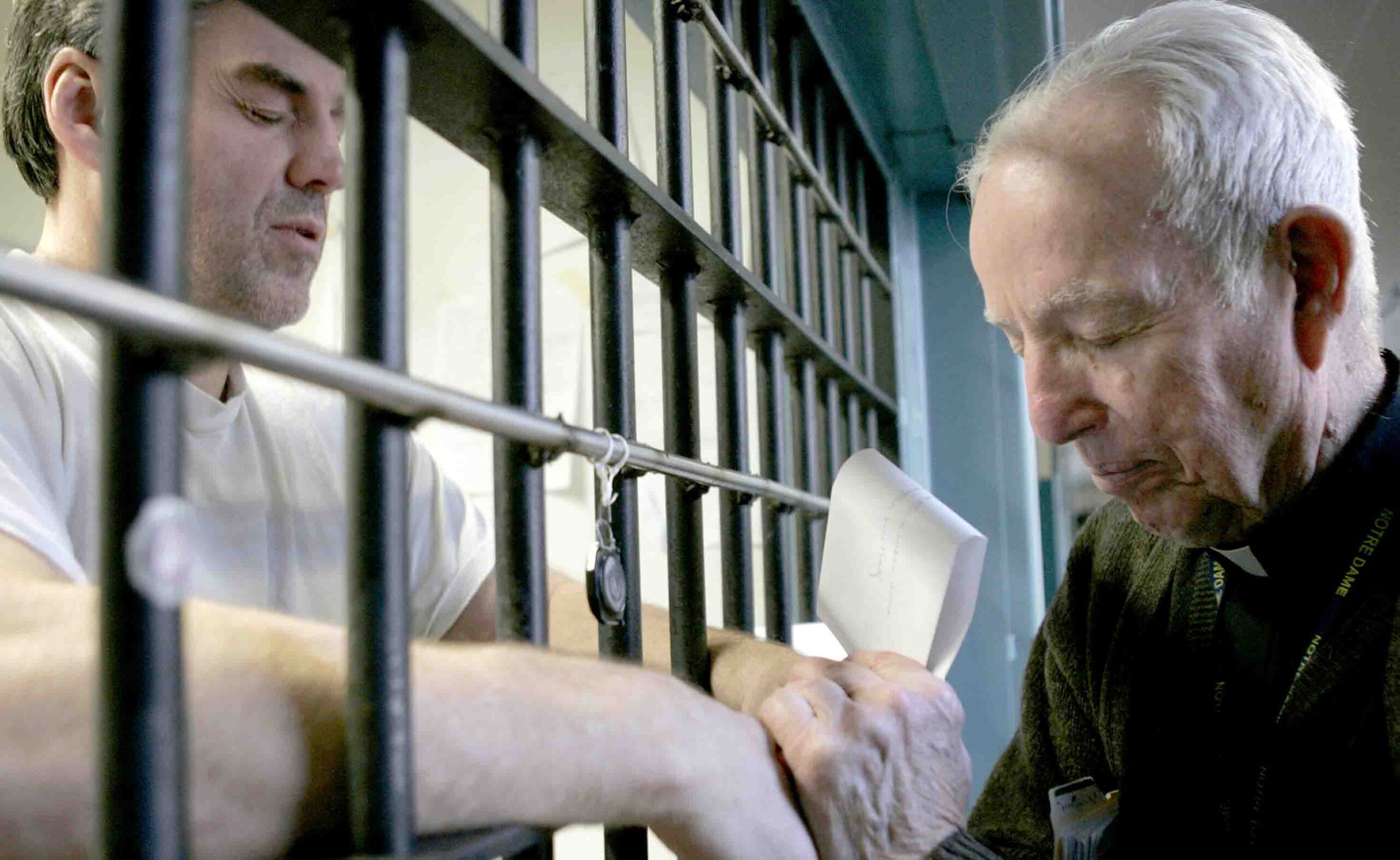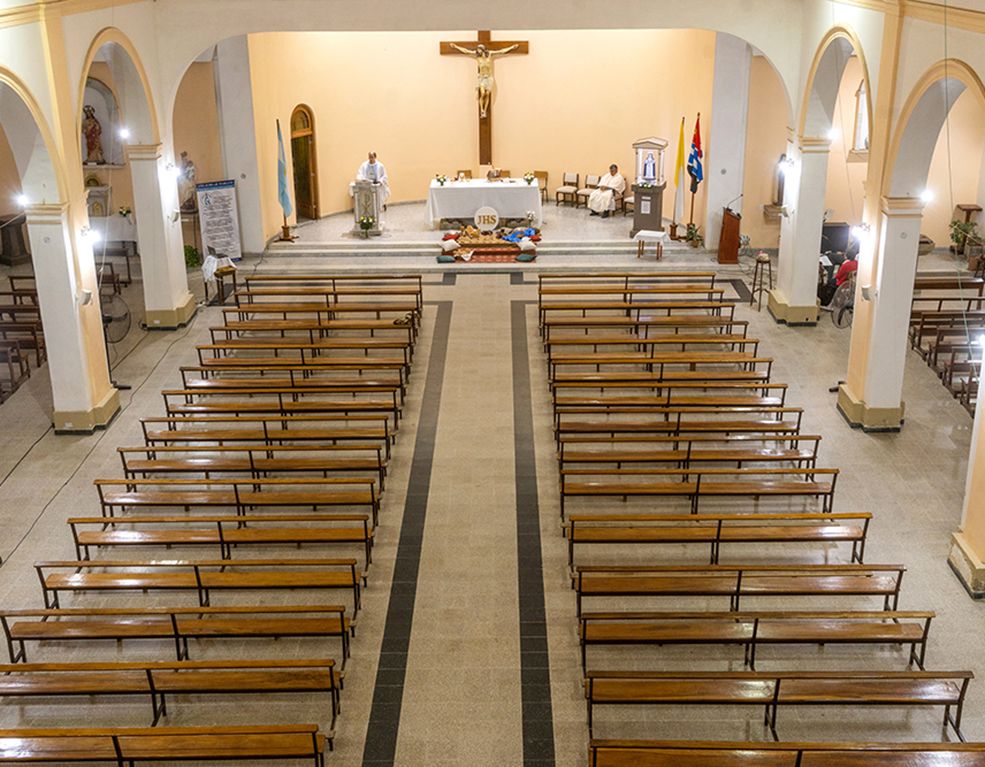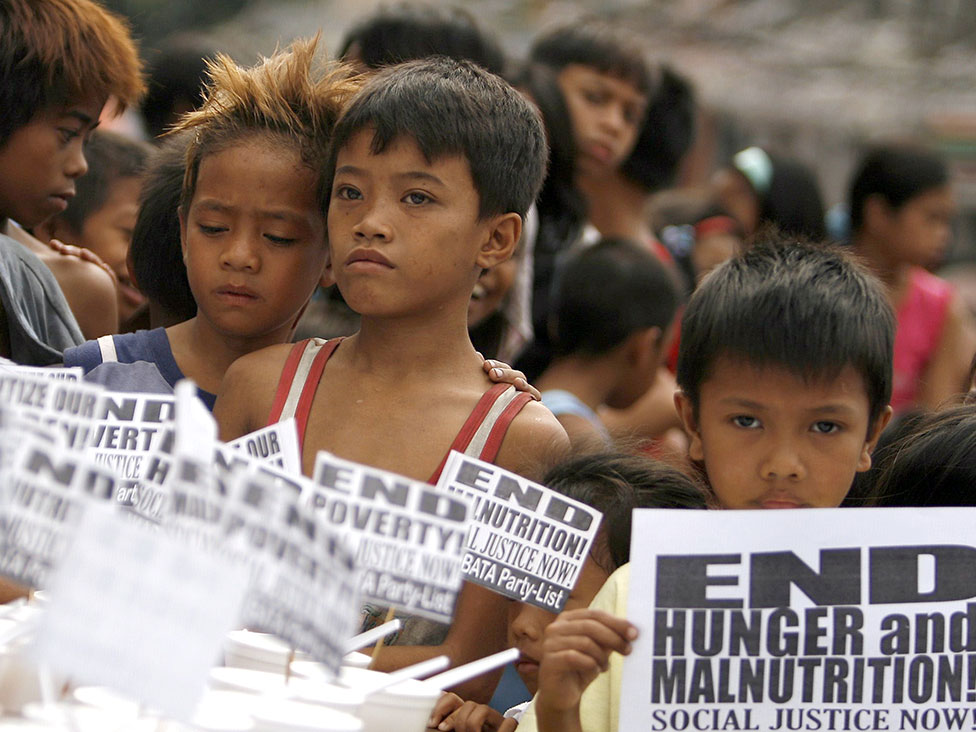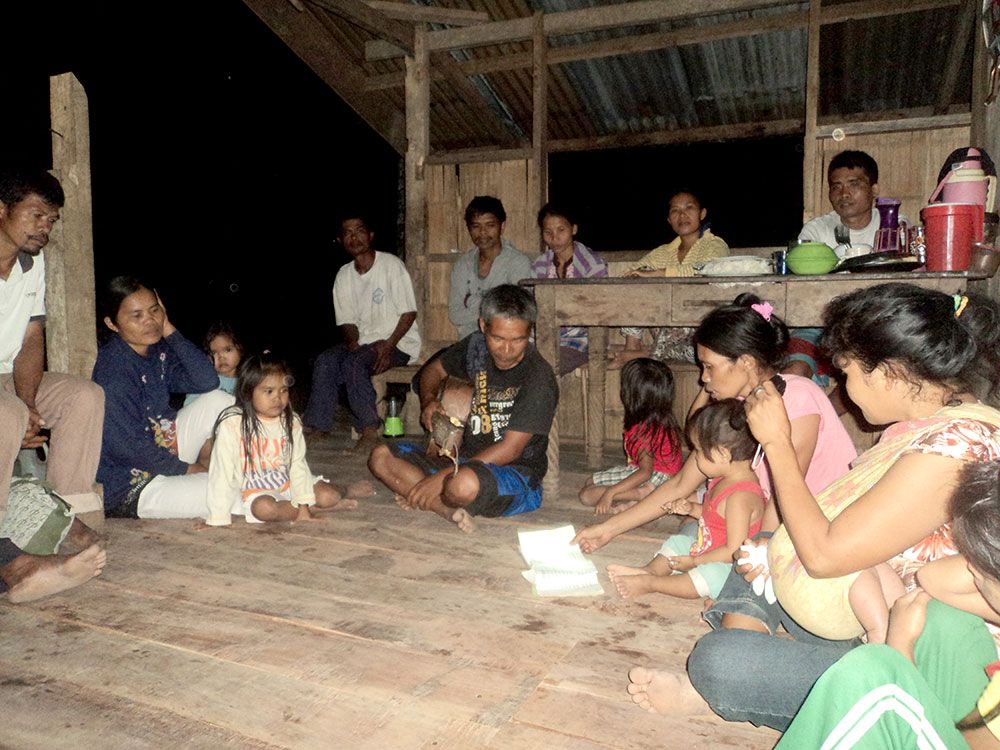In his “Address to the Meeting with Families” in Cuba in 2015, Pope Francis said: “There is no perfect family. We don’t have perfect parents; we are not perfect; we don’t get married with a perfect person, nor do we have perfect kids.” But the Holy Father also said that he is convinced that the family is the vital cell of society, the perfect place where persons and their individual idiosyncrasies, weaknesses, and strengths are recognized, and where every member of this basic social unit learns what duties and responsibilities exist in society ( Amoris Laetitia, n. 76-78).
The moral signs of the times that are family-associated are akin to the loud emergency siren and blinking red lights of a fast-moving ambulance, so to speak. The family has become a moral and spiritual battleground, where, for instance, hardcore groups identified with the LGBT+ community are coming out of the closet and challenging the Christian idea of family.
Don’t get me wrong. I honestly consider them to be God’s children who need the best pastoral guidance. But we also need to consider how they shout at us: Christians, wake up!
CHALLENGES TO FAMILY LIFE
With the trendy “Free-To-Love” ads catching the youth’s attention, a lot of Christian youth are now saying that they find nothing morally wrong with free partnership and gay union, provided there’s real love between the couples. Perhaps their voice is an echo of what British entertainer Sir Elton John quipped after marrying his longtime male partner on December 21, 2014, as soon as same-sex marriage was legalized in England: “There is nothing wrong with going to bed with someone of your own sex. People should be very free with sex; they should draw the line at goats.”
The challenges the family confronts every day are enormous. Yes, indeed, the voice of the neo-Filipino culture is getting louder when one considers the emerging characterization of what a Filipino family is.
Two to three million married (and unmarried) couples are geographically separated for years and live together for a short period–a month or two–every two or three years, or longer. But what kind of love and life, “a description of a family,” would that be? In lots of cases, our society is witnessing how a million OFW kids are being raised not by their parents but by other extended family members, such as older siblings (ates), aunts (titas), or grandparents (lolas).
Single or solo parenthood is as common as normal ones, just as gay partners’ decision to raise an adopted child has become a familiar characterization of a family. Many of us personally know relatives and friends who got married in the Church, had kids, and then got separated. Some of them are in new “irregular” relationships, while others have decided to raise their children alone. Live-in partnerships by both heterosexual and homosexual couples have become the new normal. They have been living together under one roof for many years, and they say they are happy.
Globally, families outside the traditional setup are formed in multiple varied ways, and “the Filipino family is in transition,” explained Dr. Grace T. Cruz of the University of the Philippines Population Institute in a paper presented at an Asian Institute of Management conference in 2014.
The Catholic Church has remained the “most trusted institution” in the Philippines, highly respected by more than 80 percent of the population. That is to say, most Filipinos still find the Church trustworthy and very credible. However, some Christians, otherwise known as Cafeteria Catholics, just choose which of her moral teachings to obey and totally ignore the other Christian duties related to love, life, and family.
The practice of “the family that prays together stays together” remains so ideal, but the present signs of the times beg the question: How many of the Filipino families still practice such a lovely tradition?
MARRIAGE IS UNDER ATTACK
The Catholic social teaching tells us that marriage is the foundation of the family and that each family is fundamentally grounded in the free choice of the spouses (husband and wife) to unite themselves in marriage. And it is Jesus our Lord who conferred the highest dignity on the institution of marriage, making it a sacrament of the new covenant (cf. Matthew 19:3-9).
More than that, from the Christian perspective, marriage is a holy sacrament, a divine institution, and not man-made. It’s YHWH God who invented marriage and family in the traditional setup, and the Catholic social teaching articulates this when it says that “God himself is the author of marriage” (Gaudium et Spes, n. 48).
A sort of warning was once given by St. John Paul II when he said, “Every attack on the fundamental value of the family–meaning eroticism or violence, the defense of divorce, or antisocial attitudes among young people–is an attack on genuine human welfare and the good of society” (Familiaris Consortio, n. 19).
Divorce has become a fact of life in just about every nation. In 2018, 53% of Filipinos agreed to the legalization of divorce, says one of Social Weather Station’s surveys, as if telling the Catholic leadership and citizens: Be open minded. Set those trapped in dead marriages free!
But, even if the Catholic Church now appears to be increasingly out of touch with the concerns and challenges of contemporary Filipino families in transition, as some secularists do observe, divorce in the moral dimension remains the same: That it is immoral and therefore not the right thing to do.
The only satisfactory argument is this: Divine Revelation says so. The Sacred Scriptures confirm it (Genesis 2:24; Matthew 19:5-6) and, for more than two thousand years, the Sacred Tradition and Sacred Magisterium have steadily defended the indissolubility of marriage–even if certain Filipino intellectuals argue that Israel, the country of Jesus Christ by birth, has a divorce law, and that the Philippines is the earth’s last bastion of absolute marriage and the Vatican is the only other state with no divorce law.
SEEING, JUDGING, AND ACTING
In the seeing-judging-acting pastoral method, Vatican II has given us a way to better understand the problems affecting society in general and the crises affecting the Church (Gaudium et Spes, n. 4). Seeing or the scrutiny and discernment of signa temporum or the signs of the times that affect the family is a duty. And after scrutinizing the signs of the times, particularly regarding the family, the Church interprets them in the light of the Gospel (Gaudium et Spes, n. 4).
Accordingly, the Church calls us to go back to the basics, to go back to the Scriptures. For good reason, the Catholic social teaching reminds all Christian spouses that they are naturally involved in the work of procreation, which makes them co-workers with the Creator: “Be fruitful and multiply, and fill the earth” (Genesis 1:28).
It was St. John Paul II who insisted that, in the Creator’s plan, the family is “the primary place of ‘humanization’ for the person and society” and the “cradle of life and love” (Christifideles Laici, n. 40). It is in the family where one learns to know, love, serve, and be faithful to God. It is also through the family, the cradle of priestly and religious vocations that one learns to respond to God’s invitation to live a holy life (Gaudium et Spes, n. 61).
But how do we know that the family in the traditional setup has a completely original and irreplaceable role in raising children? The Church tells us again and again: Study the example of Jesus, the Word (Logos) made flesh, who was born and lived in a concrete Jewish family.
When St. Paul VI visited the Holy Land, he emphasized the historical and doctrinal truth that the Holy Family of Jesus, Mary, and Joseph is an example of family life. He said, “May Nazareth remind us what the family is, what the communion of love is, its stark and simple beauty, its sacred and inviolable character; may it help us to see how sweet and irreplaceable education in the family is; may it teach us its natural function in the social order” (Address at Nazareth, January 5, 1964).
Finally, it must be said that “the new evangelization starts in the family” and that parents, being the first catechists, should spend more time teaching the Catholic faith and values to their children. Go back to the basics: Make every home a place of learning the faith, where both parents are school directors, principals, and at the same time teachers of good conduct, setting the best examples in words and deeds. Make every home the first chapel where the cross of Christ is displayed in every room, where growing children are taught to talk and listen to God, and where discipline and forgiveness are learned (John Paul II, Centesimus Annus, n. 39).
José Mario Bautista Maximiano is the Lead Convenor of the Love Our Pope Movement (LOPM) and author of Church Reforms, Volumes 1 & 2 (Claretian, 2023 & 2024). Email: jomaximiano@gmail.com





